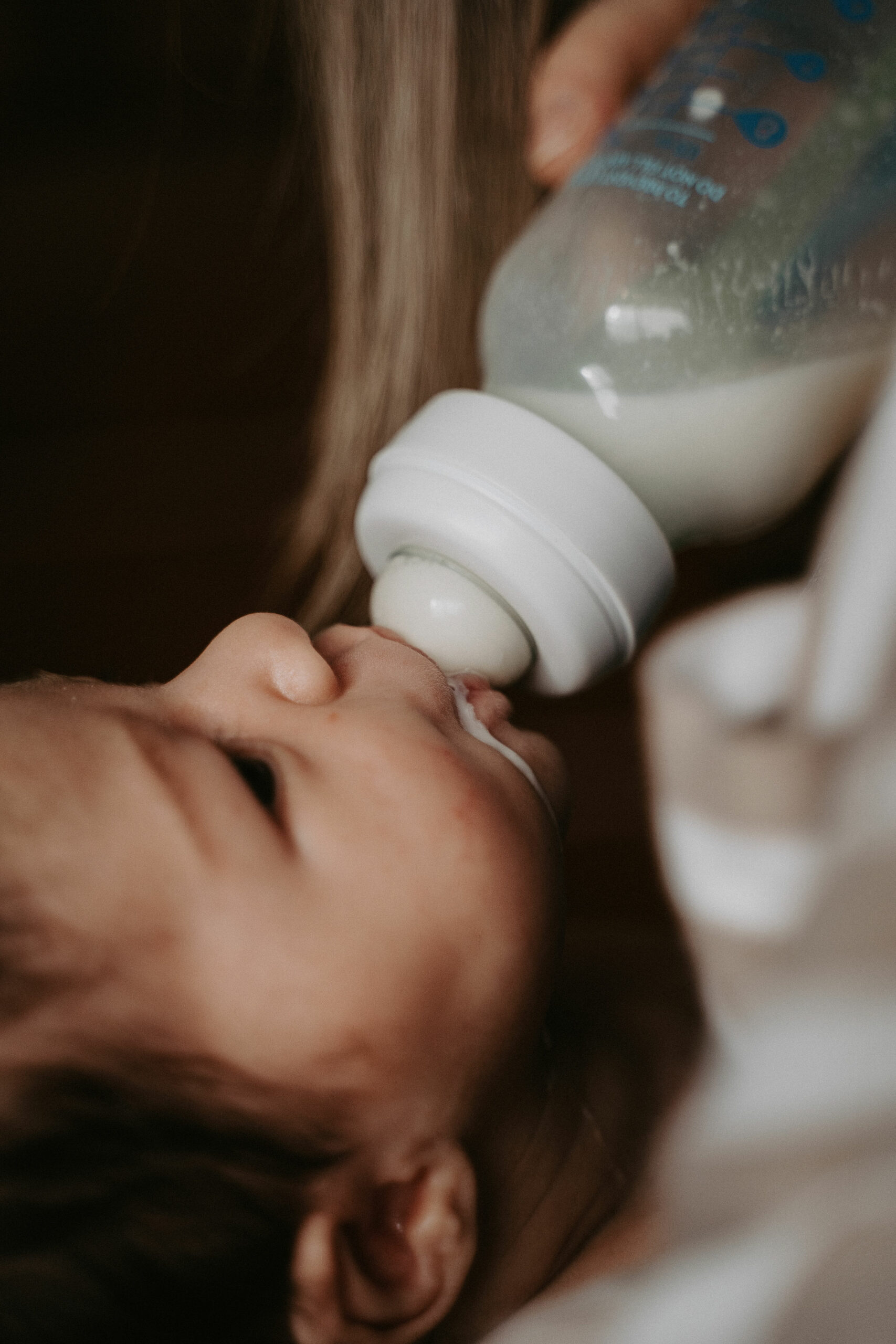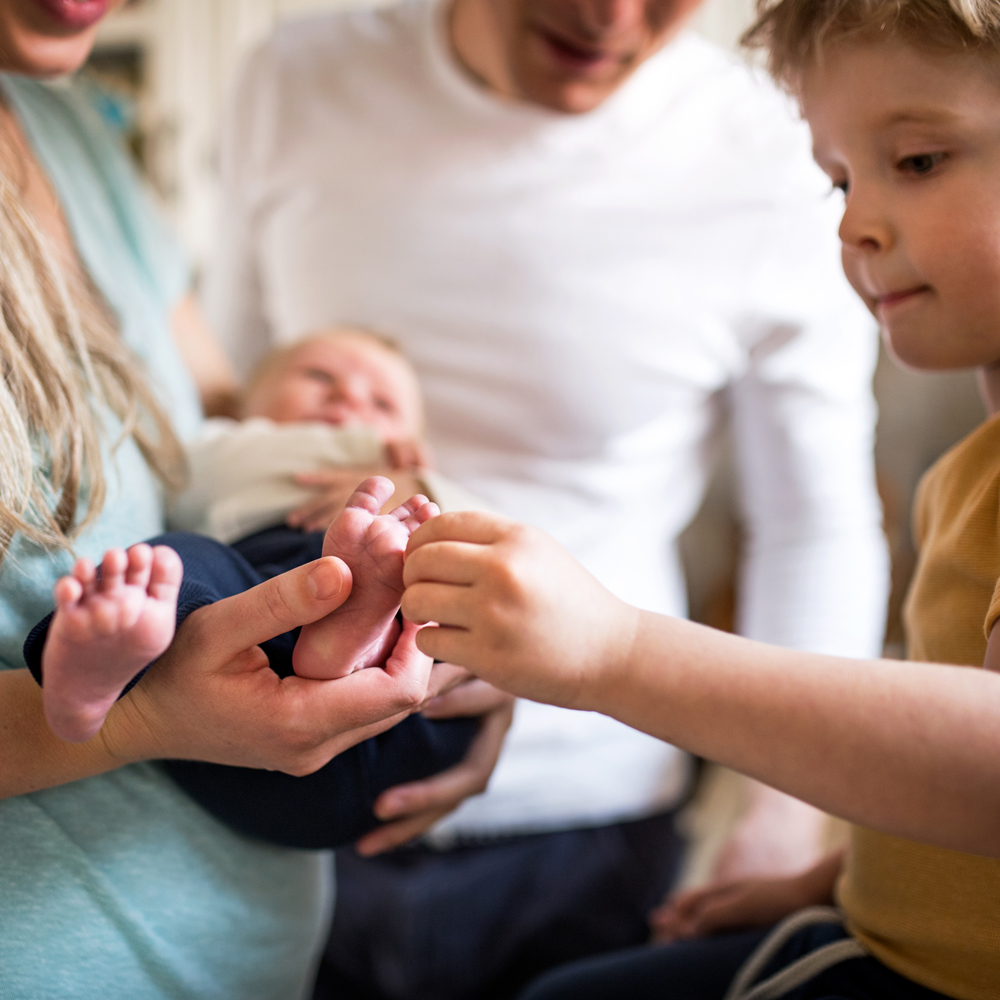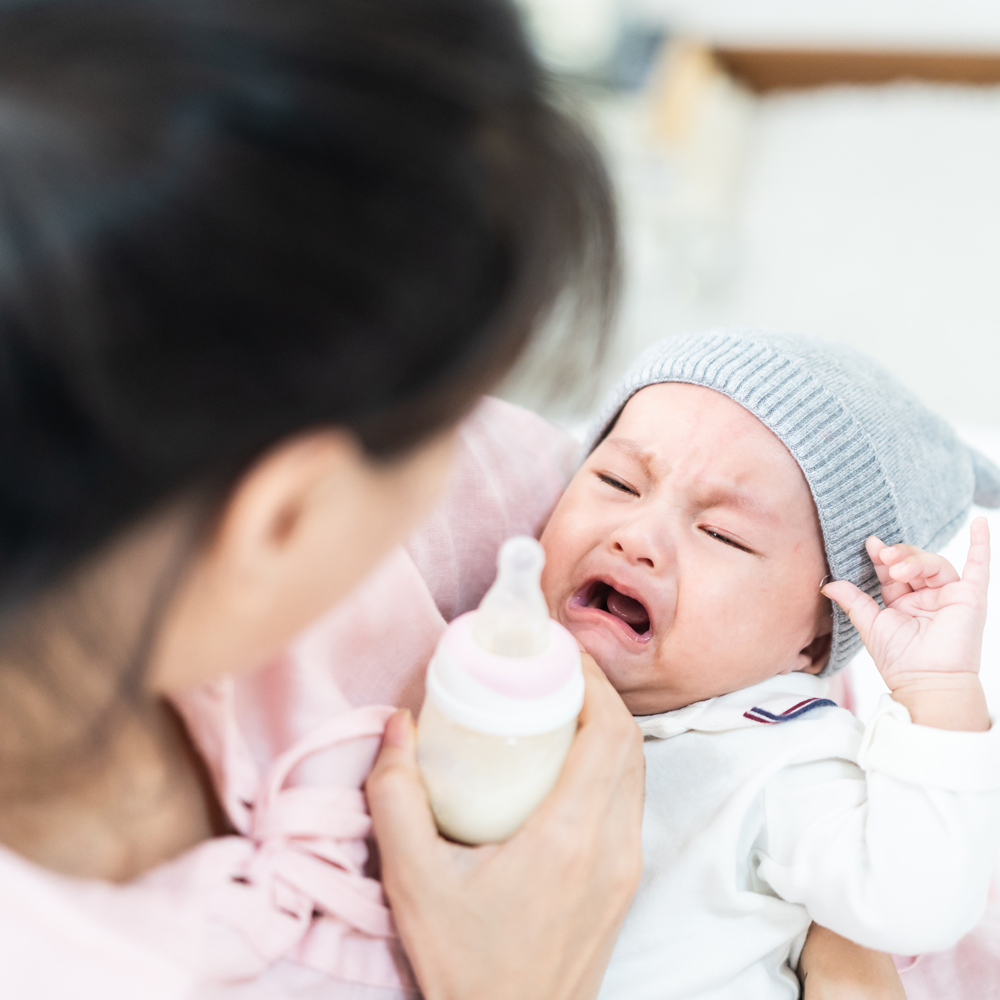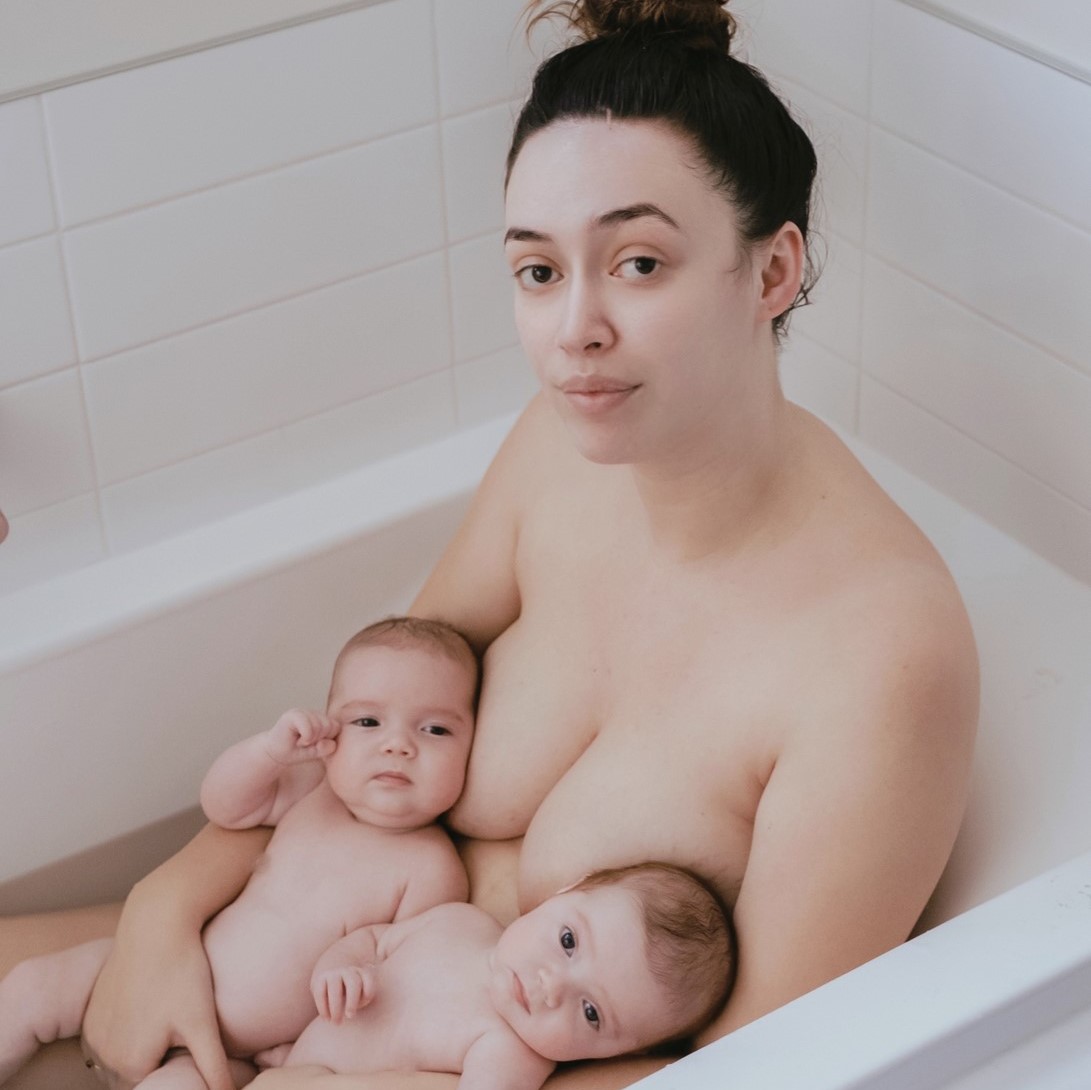Where To Find Donor Breast Milk in New Zealand
The World Health Organization (WHO) recommends that babies are exclusively breastfed for the first six months of life and continue to be breastfed alongside complementary foods for up to two years of age and beyond. When a baby cannot receive their own mother’s breast milk, donor human breast milk is a very good alternative.

PHOTOGRAPHY Catherine Smith @catherinesmithphotography
PĒPI Sophie
If you are unable to make enough milk to feed your own pēpi, you may wish to feed them donated breast milk.
There are many benefits to breastfeeding your baby, so if you find you aren’t able to make enough milk yourself, you may prefer to feed your baby donor milk over giving infant formula. It’s always up to you to choose how you want to feed your baby.
BREAST MILK BANKS
In Aotearoa, there are several district health boards (DHBs) that have milk bank matching services where pasteurised donated breast milk is available to whānau needing help with feeding their pēpi. These services are the Christchurch Women’s Hospital’s Neonatal Unit (NICU) Human Milk Bank and the Whāngai Ora Milk Bank for MidCentral DHB. Donors are tested and screened for infectious diseases and lifestyle risks before donation and then the milk is pasteurised and pooled. Pasteurisation is where the milk is heat treated to kill any bacteria and denature any viruses in the milk, ensuring it is safe for babies to receive.
In Christchurch, the Human Milk Bank’s pasteurised donated breast milk is only available for babies who have been admitted to the Canterbury Neonatal Service and meet their standard criteria. Eligibility is also determined by availability, with priority given to babies facing significant risk factors for necrotising enterocolitis (NEC).
The Whāngai Ora Milk Bank offers free pasteurised donated breast milk for babies and whānau in the community who have or are receiving care within the MidCentral DHB district. If you wish to be a recipient of Whāngai Ora, it’s a good idea to discuss your need for donor milk with your LMC, lactation consultant, Well Child Tamariki Ora provider or GP who can contact the milk bank for you. Alternatively, you can contact them directly yourself here. The milk bank usually provides a maximum of 7 days’ supply at one time and recipients are reviewed weekly. If their supplies are low, premature and ill babies will be given priority.
The WHO recommends that low-birth-weight infants, who cannot be fed mother’s own milk should be fed donor human milk.
MOTHER TO MOTHER SHARING
Those who are unable to get donor breast milk from a DHB milk bank may choose to receive a supply from another mother, gifted through personal connection or an informal breast milk sharing service.
While there are many incredible benefits to feeding your baby breast milk, keep in mind that unlike milk banks, mother to mother sharing means that the donated milk will not always be pasteurised, therefore increasing the risk of bacteria and viruses being passed through the milk. In this case, the donor milk can also contain traces of chemicals – such as nicotine if the donor mother smokes cigarettes – or traces of any medicines that the donor mother may be taking.
Before receiving donor milk from another mother, consult your LMC or another healthcare professional for information and advice on safe breast milk sharing to ensure you are making an informed decision about the use of donor human milk. As a precaution, you should always ask a potential donor for a health and lifestyle screening questionnaire as well as a blood screening for HIV 1 & 2; human T-lymphotropic virus (HTLV) 1 & 2; Hepatitis B & C; Cytomegalovirus (CMV) IgG & IgM; & Syphilis. It’s important that good hygiene is practiced when sharing breast milk too, meaning safe handling of milk, sterilisation of equipment and safe milk storage.
Here are some informal donor milk networks in Aotearoa:



